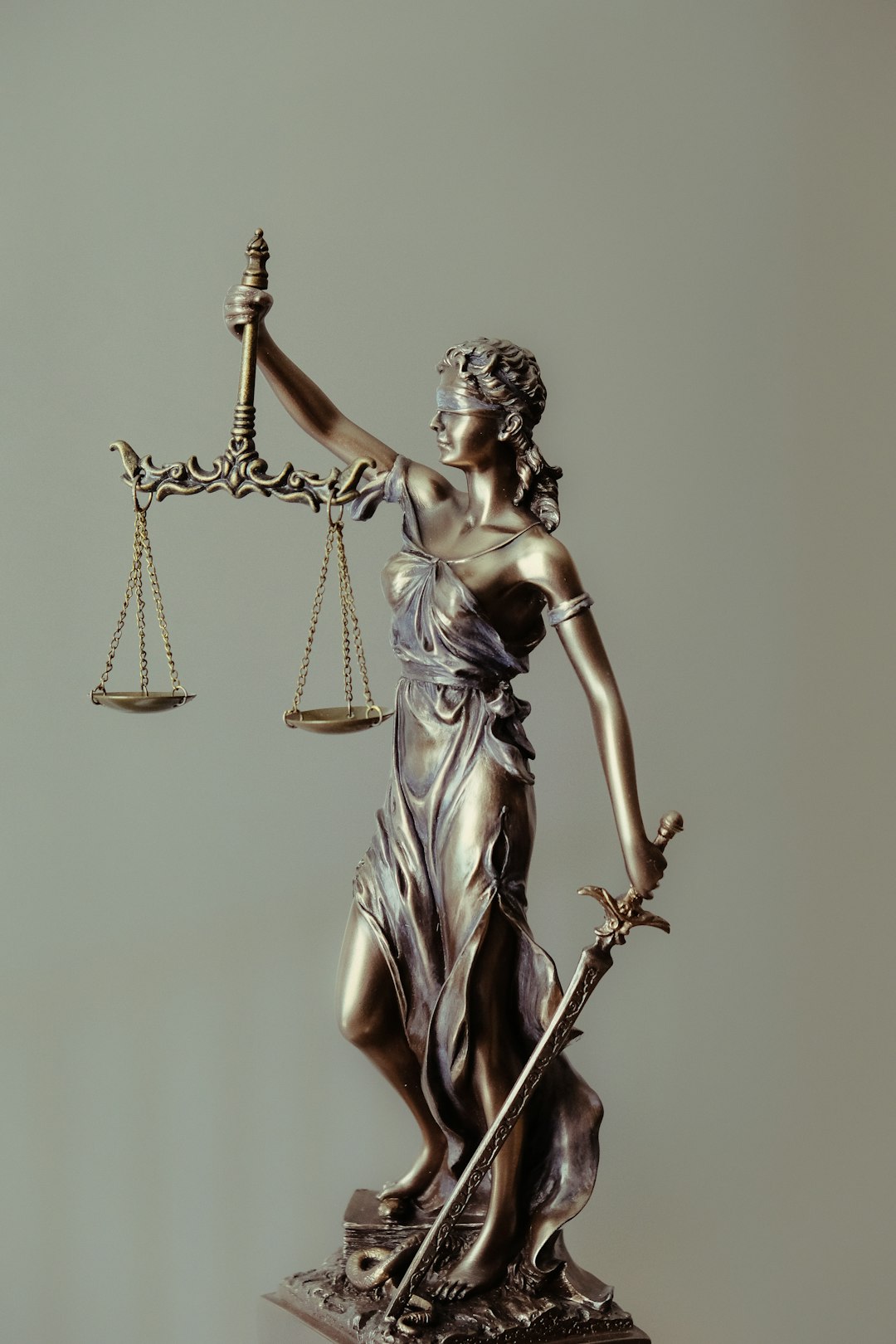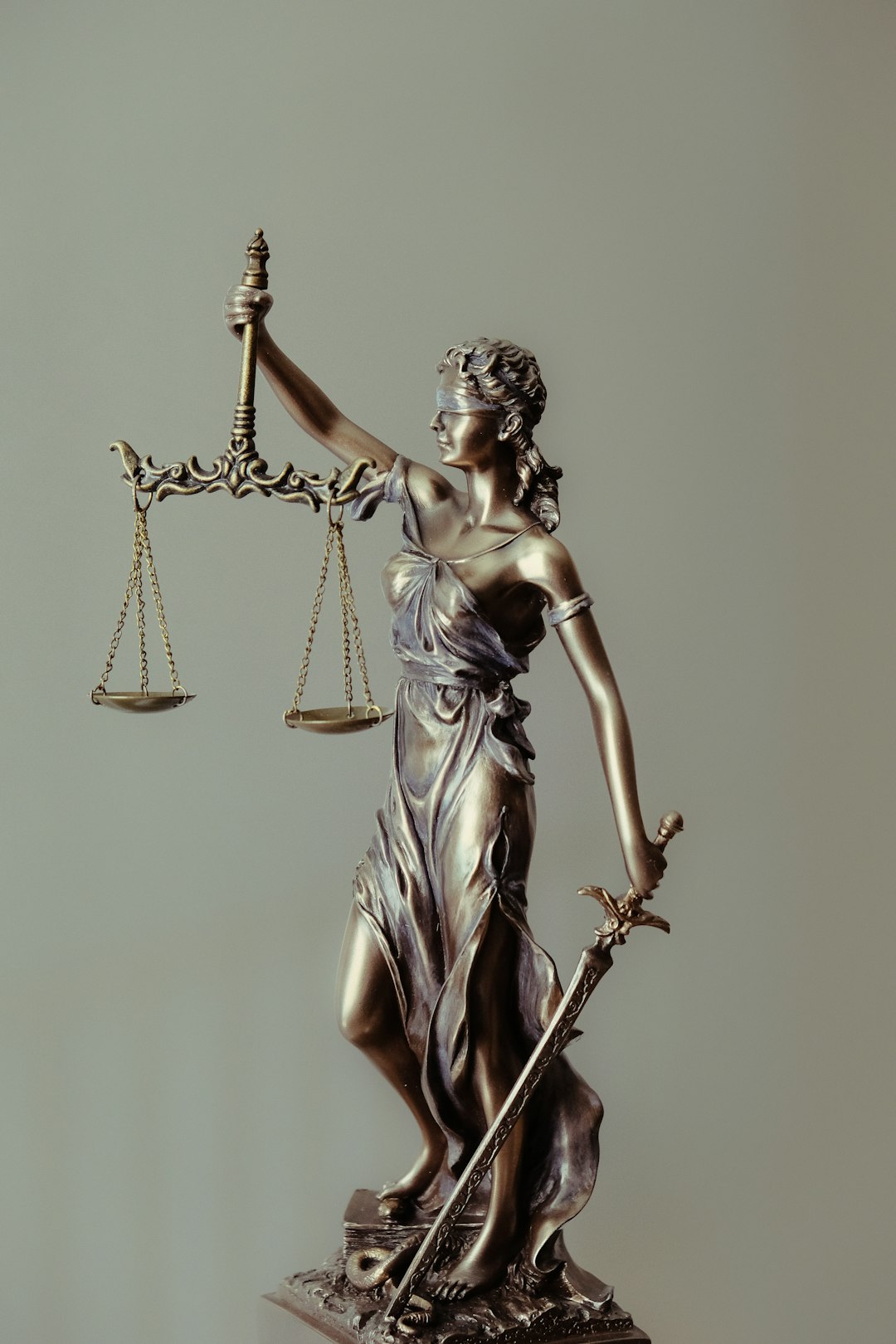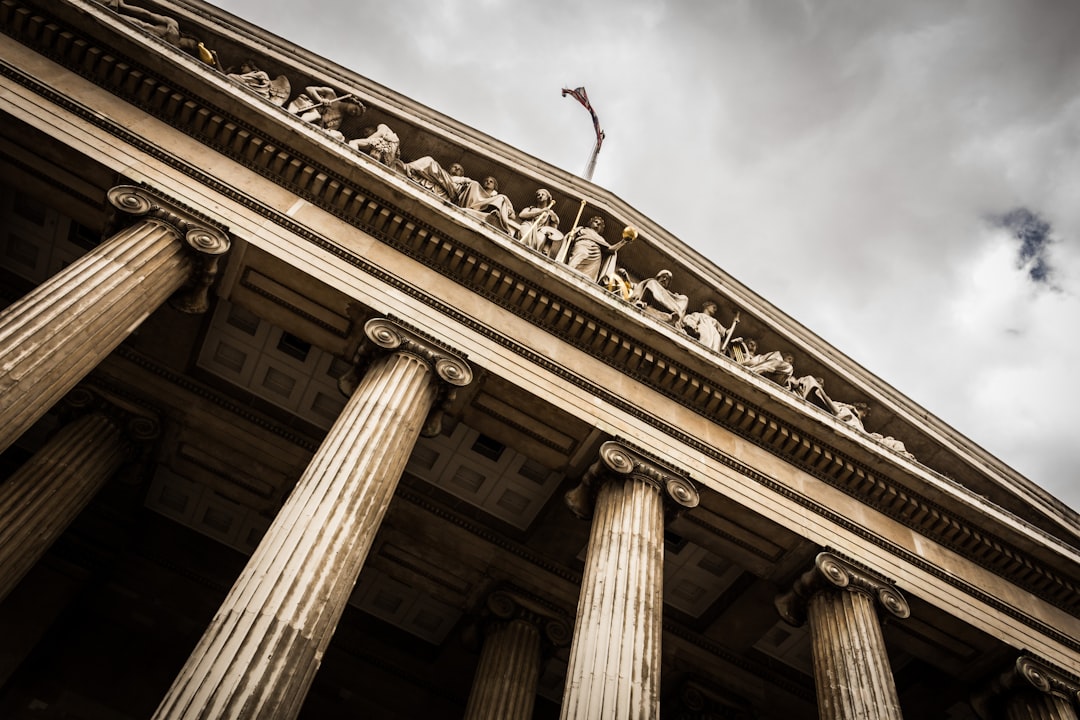Unwanted call law firms Rhode Island face growing concerns over automated marketing calls, with local and federal laws like the TCPA strictly regulating autodialing to protect consumers' privacy and rights. Law firms must implement do-not-call policies, educate staff on regulations, and respect individual registries to avoid fines and lawsuits. Proactive measures are crucial in navigating Rhode Island's legal landscape regarding autodialer use.
In the digital age, automated dialing systems (autodialers) have become a common tool for businesses in Barrington, Rhode Island, seeking to reach customers. However, their proliferation has raised concerns about unwanted calls and privacy invasion. This article delves into the legal implications of autodialers, exploring federal and state regulations governing automated calling practices. We analyze scenarios where autodial use becomes illegal and provide strategies for unwanted call law firms in Rhode Island to navigate these complex issues.
Understanding Autodialers and Unwanted Calls in Barrington, Rhode Island

In Barrington, Rhode Island, like across the country, unwanted calls from autodialers have become a growing concern for residents and businesses alike. Autodialers are automated phone systems that use pre-recorded messages to contact individuals or entities en masse, often for marketing purposes. While they can be effective tools for reaching potential customers, their proliferation has sparked debates about privacy and consumer protection. In Rhode Island, the Unwanted Call Law firms have specific regulations in place to combat such automated calls, aiming to balance business interests with the rights of consumers to peace and quiet.
These laws, part of the broader Unwanted Call law landscape across the U.S., aim to curb excessive and unsolicited telemarketing by holding call centers accountable for their practices. Consumers in Barrington can take steps to mitigate unwanted calls, such as registering on the National Do Not Call Registry or using apps designed to block automated messages. Understanding these protections and tools is crucial for navigating the complex legal implications of autodialer use in Rhode Island.
Legal Framework for Automated Calling: Federal and State Regulations

In the United States, including the state of Rhode Island, the legal framework for automated calling, often referred to as autodialers, is strictly regulated under the Telephone Consumer Protection Act (TCPA). This federal law aims to curb unwanted calls, especially those from call centers and law firms. The TCPA prohibits automated or prerecorded calls to mobile phones unless the caller has obtained prior explicit consent from the recipient.
Rhode Island’s Unwanted Call Law, in addition to the federal regulations, further safeguards residents from intrusive phone calls. It mandates that businesses and law firms seeking to autodial must provide a clear and conspicuous opt-out mechanism during each call, allowing recipients to stop future communications instantly. Non-compliance can lead to significant legal repercussions, including substantial fines and class-action lawsuits, as seen in recent cases involving Rhode Island law firms utilizing autodialers in violation of these laws.
When Do Autodialers Cross the Line into Illegal Territory?

In Barrington, as in many places, autodialers are a double-edged sword. While they can be powerful tools for reaching potential clients, their misuse can lead to serious legal implications, particularly when it comes to unwanted calls to law firms in Rhode Island. The key question is when does the use of autodialers cross the line into illegal territory?
The Unwanted Call Law, or TCPA, sets strict guidelines regarding automated telephone marketing. Calls made using an autodialer without prior express consent from the recipient are generally prohibited. This includes not just direct sales calls but also those aimed at promoting legal services. Law firms in Rhode Island must ensure their autodialers comply with these regulations to avoid costly lawsuits and penalties. Exceeding acceptable limits, failing to provide opt-out mechanisms, or targeting individuals on a Do Not Call registry can all lead to legal action under the TCPA.
Defending Against Unwanted Call Lawsuits: Strategies for Law Firms

In an era where legal battles often revolve around intricate technicalities, defending against unwanted call lawsuits has become a significant concern for law firms in Barrington and across Rhode Island. To mitigate potential risks, law practices must adopt comprehensive strategies that address the growing issue of unsolicited telephone communications. One effective approach involves implementing robust do-not-call policies and ensuring strict adherence to telecommunications regulations. By educating staff on the legal implications of phone marketing and promoting a culture of compliance, firms can significantly reduce the likelihood of client complaints and associated litigation.
Additionally, staying updated with evolving legislation is paramount. Law firms should regularly review and interpret state and federal laws pertaining to telemarketing practices, such as the Telephone Consumer Protection Act (TCPA). Proactive legal advice and training sessions for employees on proper call handling procedures can go a long way in defending against unwanted call lawsuits. By embracing these measures, law firms in Rhode Island can better protect themselves and maintain their reputation amidst the complex landscape of consumer protection regulations.






